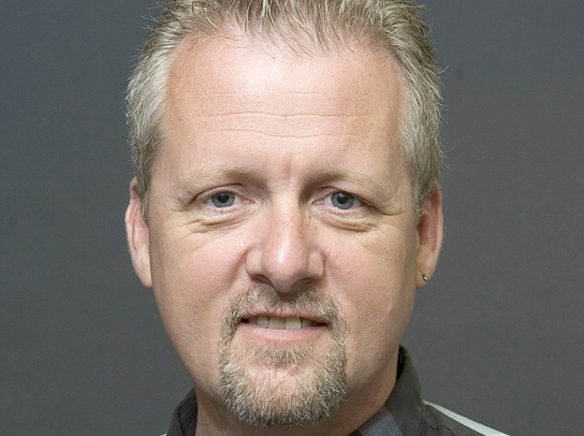Striding past the checkout at my local grocery store, I glanced at the rack of magazines’. Not sure which periodical it was, but one cover headline caught my eye: “Don’t miss out on six ways to have killer abs!”
The publication was selling itself by sewing the seed of anxiety: ‘oh my gosh, if I don’t buy that I might miss out, and then I won’t have killer abs.’
Striding past the checkout at my local grocery store, I glanced at the rack of magazines’. Not sure which periodical it was, but one cover headline caught my eye: “Don’t miss out on six ways to have killer abs!”
The publication was selling itself by sewing the seed of anxiety: ‘oh my gosh, if I don’t buy that I might miss out, and then I won’t have killer abs.’
Apprehension is a major player in how and what we are sold. Madison Avenue geniuses figured out long ago how to make us worry over how we dress, how we smell, how we do our hair, and what our teeth look like.
But it would seem there is no greater forum for fear as a marketing tool than presidential primary season.
In essence, every candidate encourages us to fear the other contenders. Presidential aspirants also urge the electorate to be afraid, depending upon which side of the aisle they’re on, of Wall Street, immigrants, income inequality, terrorists, the shrinking middle class, climate change, big government, big business, big banks, and more.
One scare designed to bring out the conservative faithful on primary day is the notion that our country has lost its way and cannot be great again without “returning to God.”
Exactly which version of God and what such a return would look like differs from one candidate to another, but a certain segment of the electorate seems inspired by the possibility of the United States being “restored” as a Christian nation.
In my lifetime, the country has elected a Catholic who promised not to be ruled by the papacy, followed by a follower of Calvinism, and then a Quaker with a knack for dirty tricks. Next came a born-again Southern Baptist, a Presbyterian who embraced astrology, an Episcopalian aristocrat, a Southern Baptist who was denounced by his congregation, an Episcopalian turned United Methodist, and, finally, a Christian who draws on Protestant traditions while believing that “religion at its best comes with a big dose of doubt.”
In general, we’ve historically chosen a president who publicly attends Sunday services and believes in God, but not too much and not in a way that is too different from the ambiguous public norm.
But in this primary season, some campaigns are doing all they can to win approval from those who would have the United States “reclaimed” for the God they believe in. It really does seem as though some candidates are trying to prove that they are, in fact, “holier than thou.”
Their core message says bad things will happen if the U.S. does not elect a president who, like this candidate or that, reveres the Almighty in a particular way.
French philosopher and author Albert Camus wrote, “… too many people now climb onto the cross merely to be seen from a greater distance, even if they have to trample somewhat on the one who has been there so long.”
That sort of thing might play well during presidential primary season, but the broader electorate may feel that dragging God into the dirty business of political fear mongering is more profane than sacred.
Pat Grimes, a former South Bay resident, writes from Ypsilanti, Mich. He can be reached at pgwriter@inbox.com





















